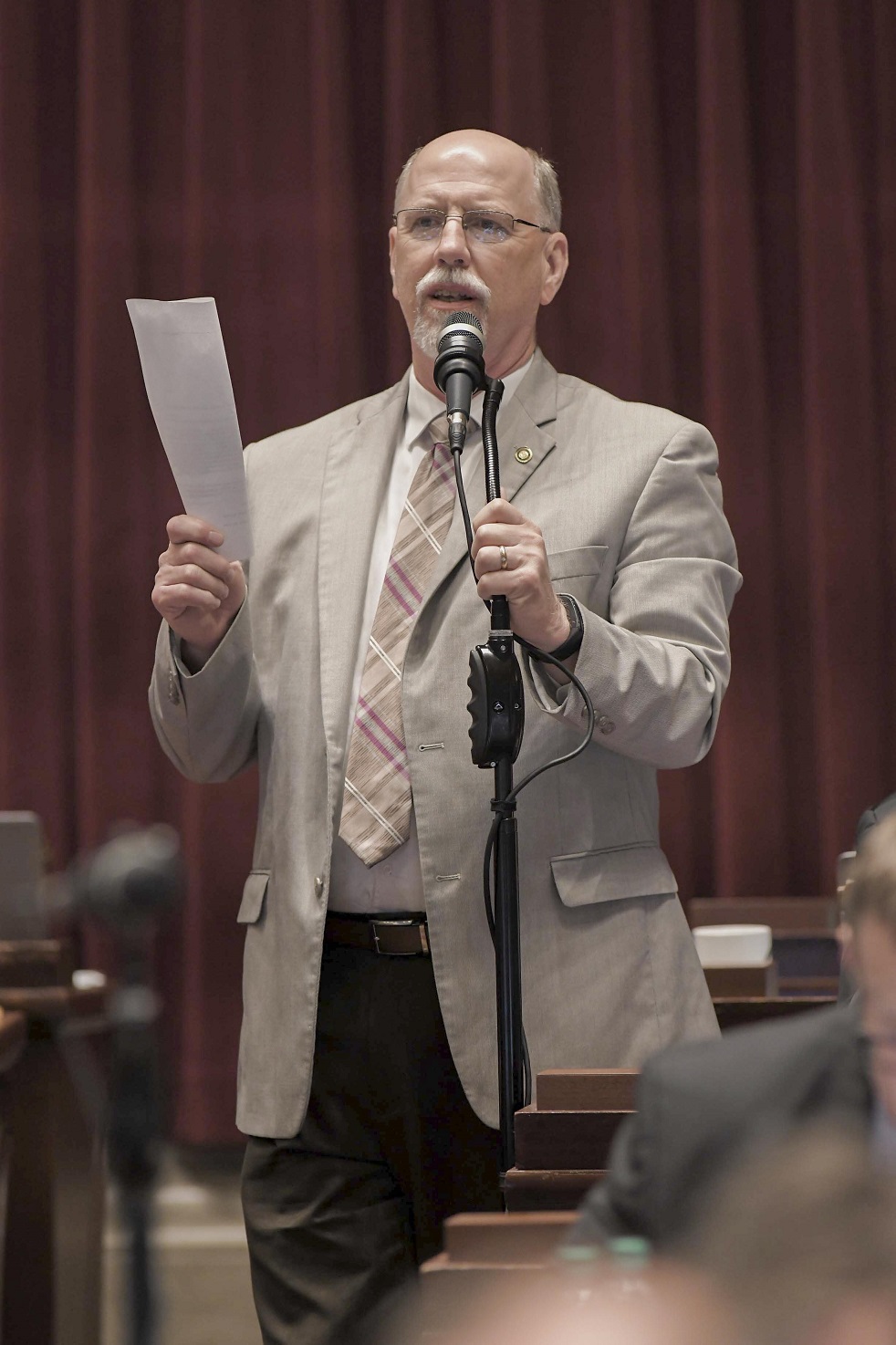The Missouri House has voted to increase state financial support to sheltered workshops.

House Bill 2644 would increase from $19 to $21 dollars the amount the state pays to workshops for every six-hour or longer day worked by a handicapped employee. Backers say the boost would give those workshops and their employees more financial stability, while reaffirming the state’s support for them and the work they do.
HB 2644 is sponsored by Representative Rory Rowland (D-Independence), whose son JP has Down syndrome and works in a Kansas City-area workshop.
“I want to thank everyone in this body for your kindness and support of this,” an emotional Rowland told his House colleagues. “This means so much to my family [and] my son.”
Many lawmakers spoke while HB 2644 was before the House about the workshops in their districts and what those mean to their communities, and their employees.
Representative David Wood (R-Versailles) has been on the board of directors for a workshop in his district for more than 30 years. He said the employees of that workshop would rather be there than have a day off even on holidays.
“You see these workers not grumbling about being there. They want don’t want to take off. They want to be at work. They want the socialization. They want to feel a worth,” said Wood. “When you’re packaging something that they can go to Wal-Mart and see on the shelf and say, ‘Hey, I packaged that. I did that work,’ it gives them a feeling of self-worth that nothing else can.”
Representative Richard Brown (D-Kansas City) is the parent of a daughter with cerebral palsy who died at the age of 15.

“As a parent I often wondered, ‘Where would my child be able to go to work?’” Brown told his House colleagues. “A lot of the kids that she went to school with, they work at a sheltered workshop in my district called Southeast Enterprises, and when I look at kids like Dwayne Bell or Tiffany Johnson I see the joy that comes from their heart from going to work every day and having the ability to maintain a job and having a sense of purpose and a sense of self-worth from doing a job each day.”
Hermann Republican Justin Alferman said the value of workshops doesn’t only come from what they mean to their employees. He spoke about a component for air conditioner compressors that is made at a workshop in his district.
“It’s not just about giving these individuals a job. They are huge economic drivers of our communities,” said Alferman.
Wood said because of a combination of lagging state support and a pencil producer moving its operation from his district to the country of Mexico, the workshop he sits on the board of had to cut 45 of its employees.
Rowland and other lawmakers thanked Majority Floor Leader Rob Vescovo (R-Arnold) and House Speaker Todd Richardson (R-Poplar Bluff) for their support of the legislation.
HB 2644 goes to the Senate with less than two weeks left in the legislative session, but Rowland is optimistic that because of its subject matter it will receive enough attention to pass before the session’s end.
Earlier story: Effort to reaffirm House support for sheltered workshops led by lawmaker whose son works in one
